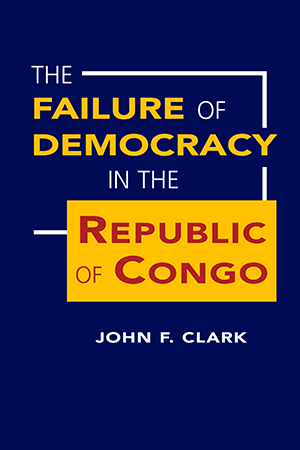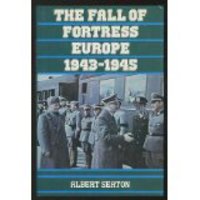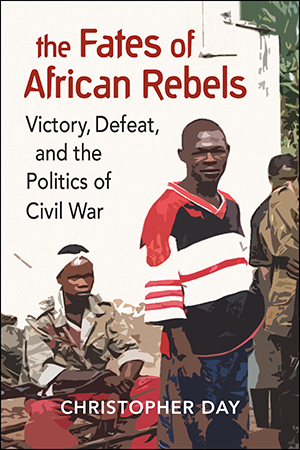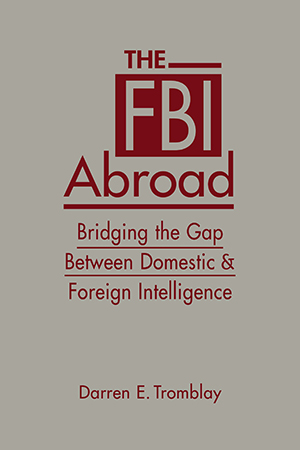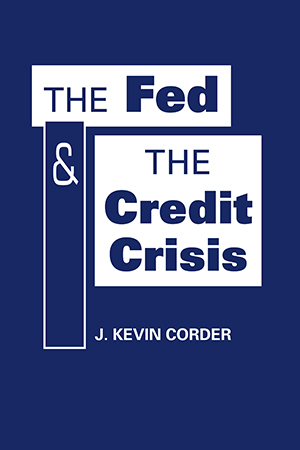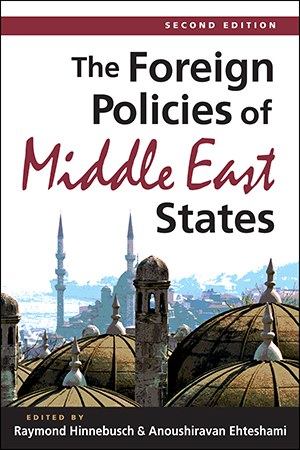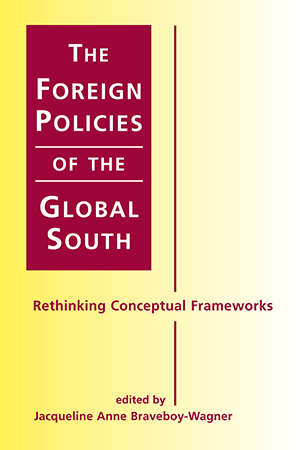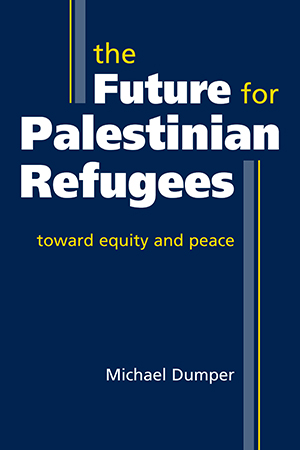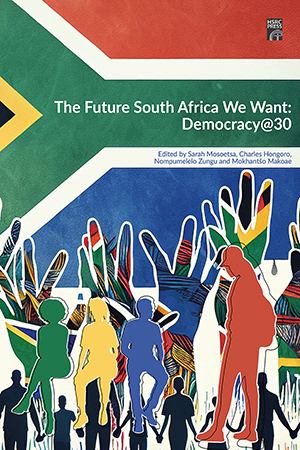BOOKS
Why did the democratic experiment launched in the Republic of Congo in 1991 fail so dramatically in 1997? Why has it not been seriously resumed since then? In tackling these complex More >
What determines the outcome for rebels in contemporary African civil wars? How are "victory" and "defeat" measured? Is there any connection between a rebel More >
How is it that the FBI, a domestic intelligence agency, operates beyond the US borders? What role does the bureau play in emerging democracies? In what ways does it contribute to US More >
What was the role of the Federal Reserve System in the 2008 financial crisis—as a cause of the crisis, as the most important government agency to respond, and as the center of federal More >
This new edition of The Foreign Policies of Middle East States reflects the momentous events and shifting dynamics that have occurred in the region in the nearly fifteen years since the More >
Seeking to refocus thinking about the behavior of the global south ("third world") states in international affairs, this book explores contending explanations of global south More >
From the dilapidated camps of Lebanon to the eye of the storm in Gaza, Palestinian refugees continue to be a focus of world attention. The Future for Palestinian Refugees addresses in depth More >
This vibrant collection captures thirty years of democracy through the lived experiences of diverse South African communities. Moving from QwaQwa to Vuwani, Soweto, Langa, Luka, Platfontein, More >



